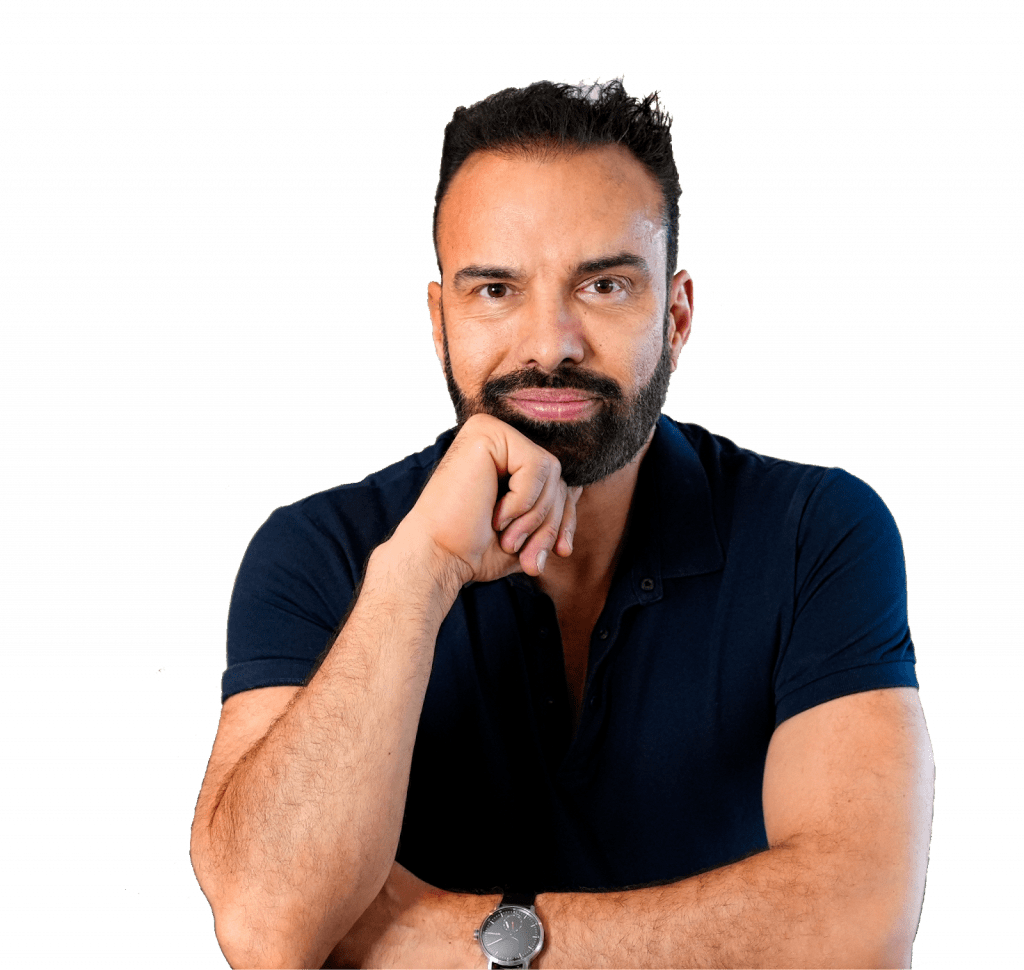It is crucial to know the difference between being a passive and active investor. Things like profit, control and responsibility are taken away from you when you’re a passive investor. And the main thing to realise about being a passive rather than an active investor is that you haven’t done anything to improve yourself…You haven’t taken responsibility for your life…And more to the point, you haven’t taken responsibility for your finances. That’s why becoming an active investor is so important. It forces you to become responsible for your financial life. And let’s face it; taking responsibility for your finances takes discipline, doesn’t it? It’s so tempting to avoid looking at it head on and being disciplined about your financial goals. You tell yourself, “Right I’ve got a bit of debt, (or maybe quite a bit of debt) But I’ve also got a bit of money stashed away. So I’ll give that money to the bloke with a real estate company and let him make me money.” But what have you really done?


Trends tell a sad story
You’ve not addressed the big problem of taking control of your finances. You haven’t really faced your spending habits and thought things through. That’s the hardest part about changing your life. It takes discipline to get your spending under control. Especially when you’ve got a little piece of plastic in your wallet that let’s get whatever you want…now!
You see, the biggest enemy of self-control and good financial standing is the instant gratification that credit cards give you. For many of you, it’s the biggest financial problem you’ll face. And the statistics tell a sad story about most of us. For many Aussies, personal spending habits are destroying their finances. For instance, it is projected that Aussie credit card debt will exceed $52 billion by the end of this year. And national credit card debt has doubled in the past ten years! During that same ten-year period of time, something else happened. The total number of credit card accounts grew by 42 percent!
Not only are there more and more credit cards being used, but the average balance on each credit card is almost one-third higher than it was ten years ago.
We are a nation that is rapidly sinking in personal debt!
Now, as most of you know by debt can be classified into to two basic categories:
Good debt and bad debt. Good debt is that debt which gets you into your first cash cow or chunk deal. It’s also good debt if you can deduct it from your tax bill. In other words, good debt helps you build your portfolio and improves your net worth and income, lifting you out of your old routines and financial frustrations. Bad debt does just the opposite.
Bad debt is like living off of sugary drinks and cake. It may feel good in the moment, but it’s devastating for your financial health. And, like anyone who decides they need to change what they’re doing can tell you, it takes discipline and sacrifice to change. If you are one of those who are drowning in bad debt, then you know you need to change the way you’re doing things. Otherwise, the law of entropy is always in effect: If you’re not actively working to make things better, they by default get worse, falling into chaos.
Change takes a little time
I can hear you say, “But how do I start?” The answer, though simple, isn’t easy. Actually, it can be hard to do. Unless you decide that even if it is difficult, it’s worth doing.
It’s like getting back in shape after ten years of lying about and eating junk food. It took you quite a bit of time to get out of shape. You should expect it to take some time to get back into shape. It doesn’t happen overnight. That first, crucial step in turning your financial ship around is stop taking on more bad debt. Don’t use your credit cards except for emergency cases. And by that I mean emergencies only (it’s not an emergency because today was the last day your favorite thing was on sale!). Then take a hard look at what you’re spending your money on. And cut out everything you can do without. If your housing costs are too high, get new housing. It doesn’t matter if you rent or are paying a mortgage. Cut your expenses to the bone so that you can stop the bleeding of money. Notice what this does for you. Even though you may not an active real estate investor yet, taking small steps to take control of your finances gives you a taste of the freedom that awaits when you build momentum and habits of financial mastery.
This time next year, you will have wished you started today. What action step will you take in the next 24 hours to get you on the road to financial independence? Leave your comments below and share.




